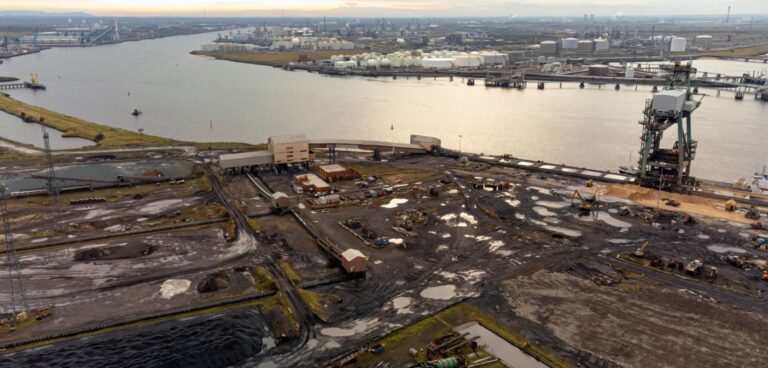BP has confirmed it is planning a new large-scale green hydrogen production facility in the North East of England that could see Teesside become the UK’s first major hydrogen transport hub.
To be developed in multiple stages, HyGreen Teesside could deliver up to 500Mwe of hydrogen production by 2030, leading the way for large-scale decarbonisation of heavy transport, airports, ports and rail in the UK.
BP is aiming to start production by 2025, with an initial phase of some 60MWe of installed hydrogen production capacity. A final investment decision on the project is expected in 2023.
Working with industry and local administration such as Tees Valley Combined Authority, BP’s blue and green hydrogen projects in Teesside, together with the proposed Net Zero Teesside power project, is expected to further support economic development and regeneration in Teesside.
UK transport secretary Grant Shapps said: “This exciting project builds on our ongoing development of hydrogen in the area through the Tees Valley Hydrogen Transport Hub. It’ll help pave the way for its use across all transport modes, creating high-quality, green jobs in the process.”
According to BP, the combined 1.5GW capacity of HyGreen Teesside and H2Teesside could deliver 30% of the UK government’s target of developing 5GW of hydrogen production by 2030. Industries in Teesside account for over 5% of the UK’s industrial emissions and the region is home to five of the country’s top 25 emitters.
Hygreen Teesside is the latest addition to BP’s integrated UK business portfolio, which includes 3GW gross of offshore wind in the Irish Sea, delivering 16,000 UK charging points by 2030 and BP and Aberdeen city’s partnership deal.
Louise Jacobsen Plutt, BP’s senior vice president for hydrogen and CCUS, said: “Low carbon hydrogen will be essential in decarbonising hard-to-abate industrial sectors including heavy transport.
“Together, HyGreen and H2Teesside can help transform Teesside into the UK’s green heart, strengthening its people, communities and businesses. This is exactly the type of energy we want to create and more importantly deliver.”
BP has also announced a series of Memoranda of Understanding (MoU) with potential industrial customers for hydrogen in the Teesside area, including both existing and planned operations, as it grows demand for the hydrogen expected to be produced by H2Teesside.
Furthermore, the company recently signed an MoU with Daimler Truck to pilot both the development of hydrogen infrastructure and the introduction of hydrogen-powered fuel-cell trucks in the UK.





